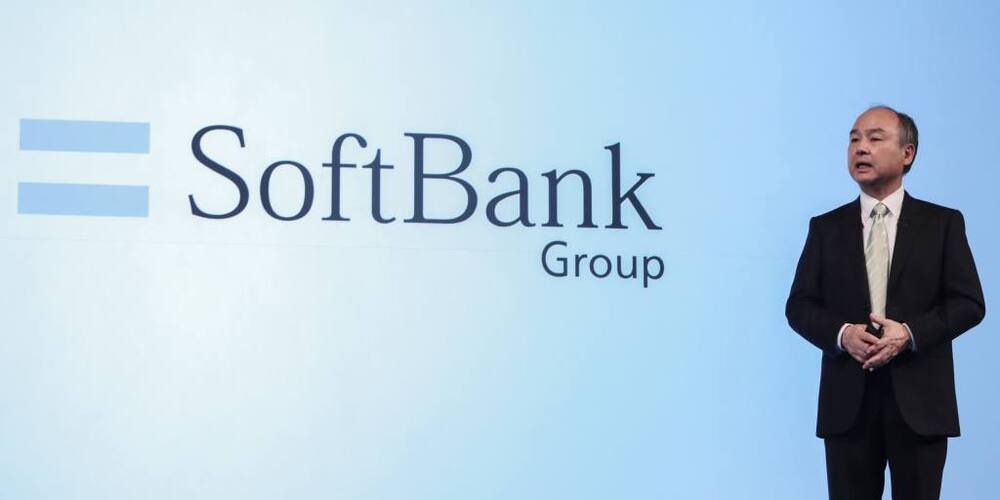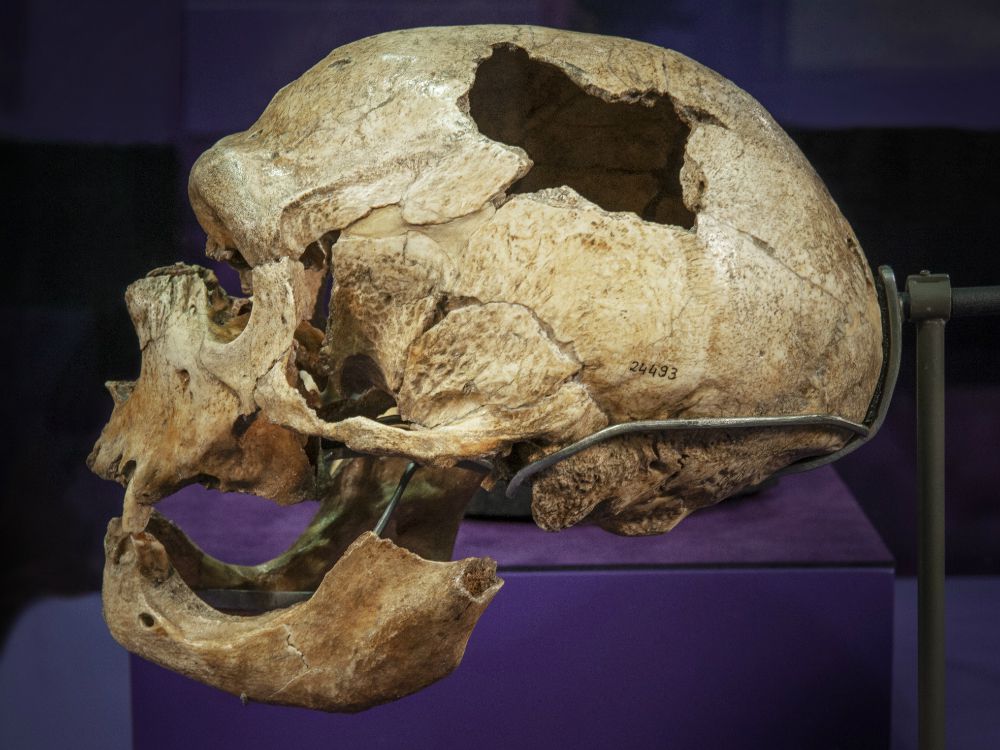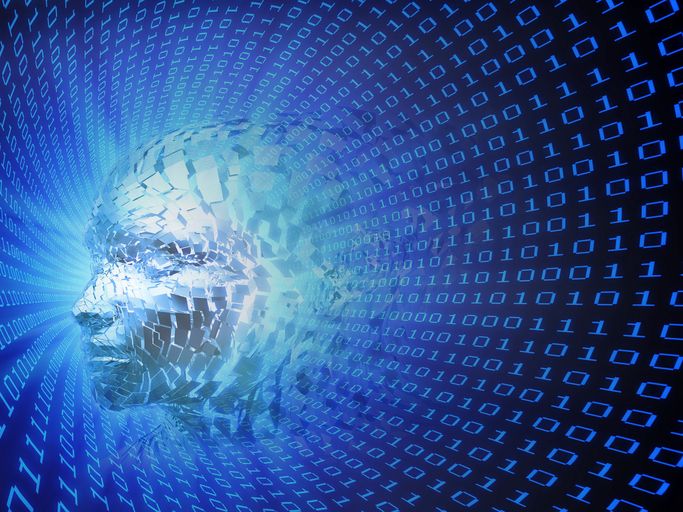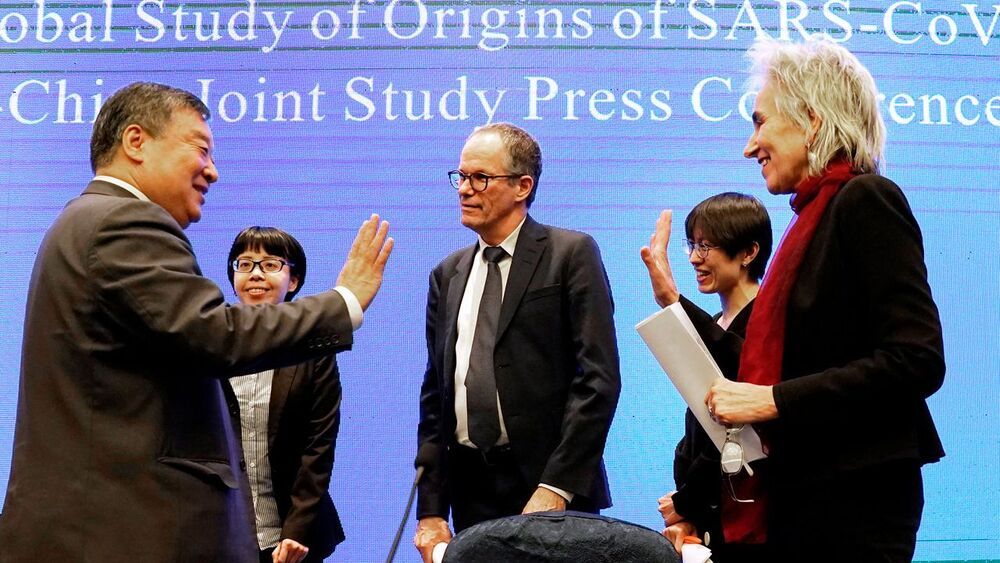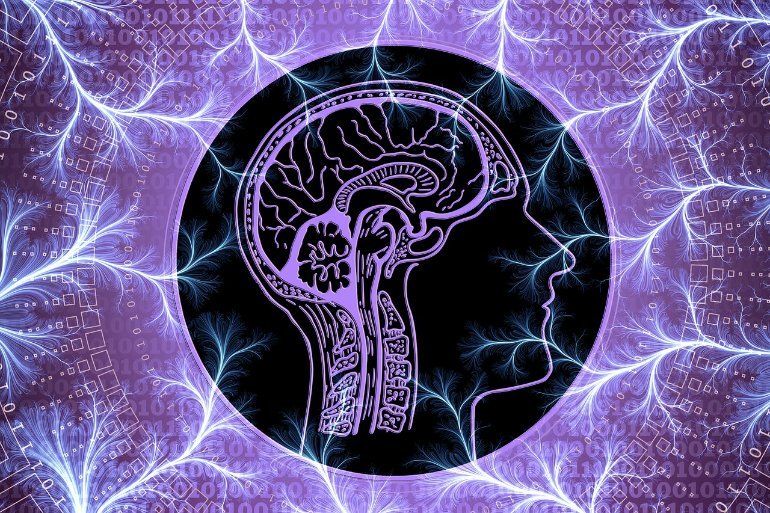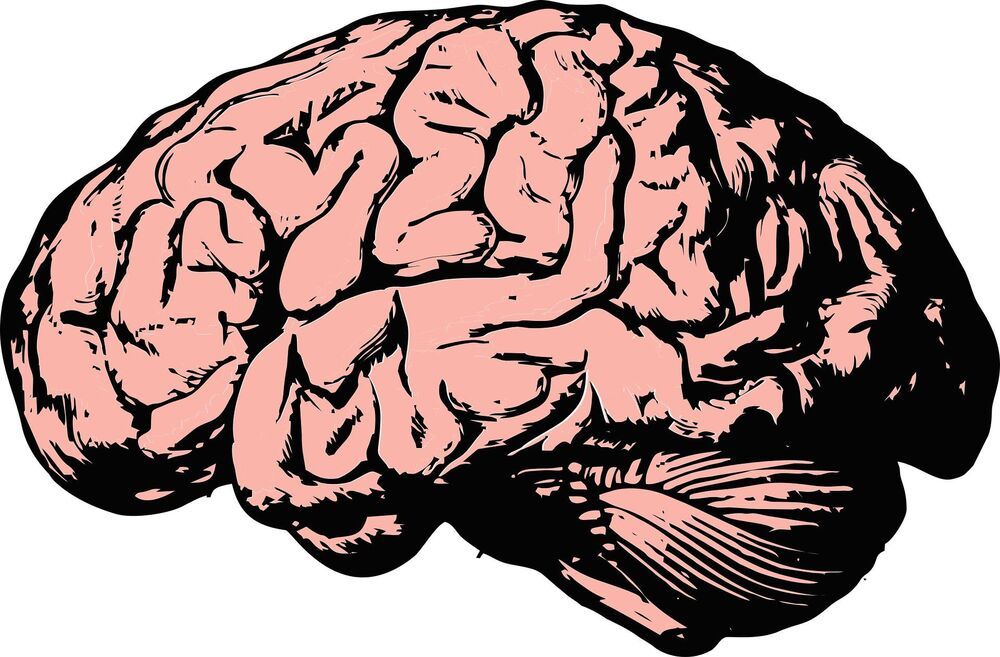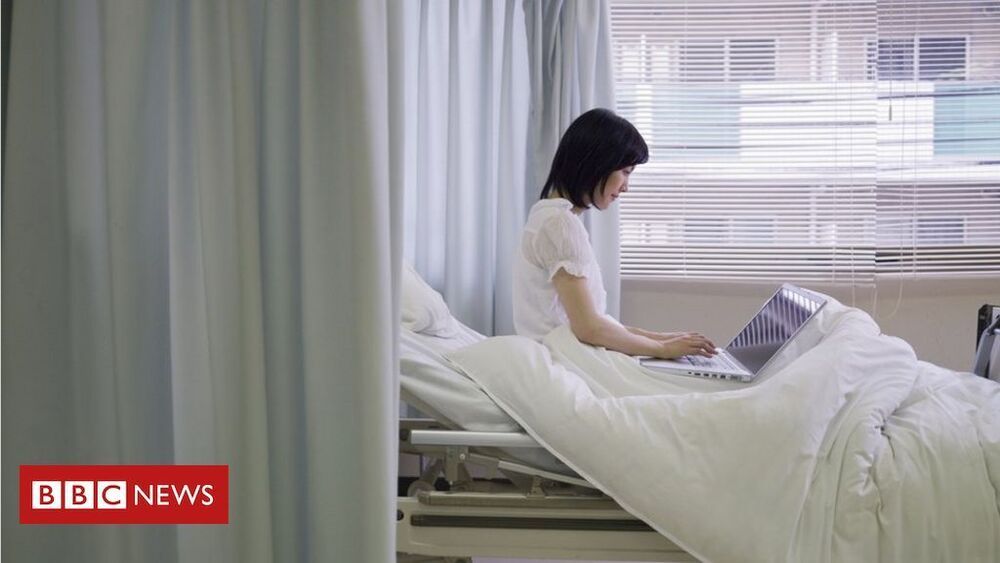
“Figures published in 2011 suggest that, in Australia, producing wheat and other grains results in: at least 25 times more sentient animals being killed per kilogram of useable protein more environmental damage, and a great deal more animal cruelty than does farming red meat. How is this possible? Agriculture to produce wheat, rice and pulses requires clear-felling native vegetation. That act alone results in the deaths of thousands of Australian animals and plants per hectare. Since Europeans arrived on this continent we have lost more than half of Australia’s unique native vegetation, mostly to increase production of monocultures of introduced species for human consumption. Most of Australia’s arable land is already in use. If more Australians want their nutritional needs to be met by plants, our arable land will need to be even more intensely farmed. This will require a net increase in the use of fertilisers, herbicides, pesticides and other threats to biodiversity and environmental health. Or, if existing laws are changed, more native vegetation could be cleared for agriculture (an area the size of Victoria plus Tasmania would be needed to produce the additional amount of plant-based food required). Most cattle slaughtered in Australia feed solely on pasture. This is usually rangelands, which constitute about 70 per cent of the continent.”
Going vegetarian, or even vegan, to minimise animal suffering and promote sustainable agriculture, actually kills more sentient animals living in vegetable crops that livestock farmed in paddocks.
